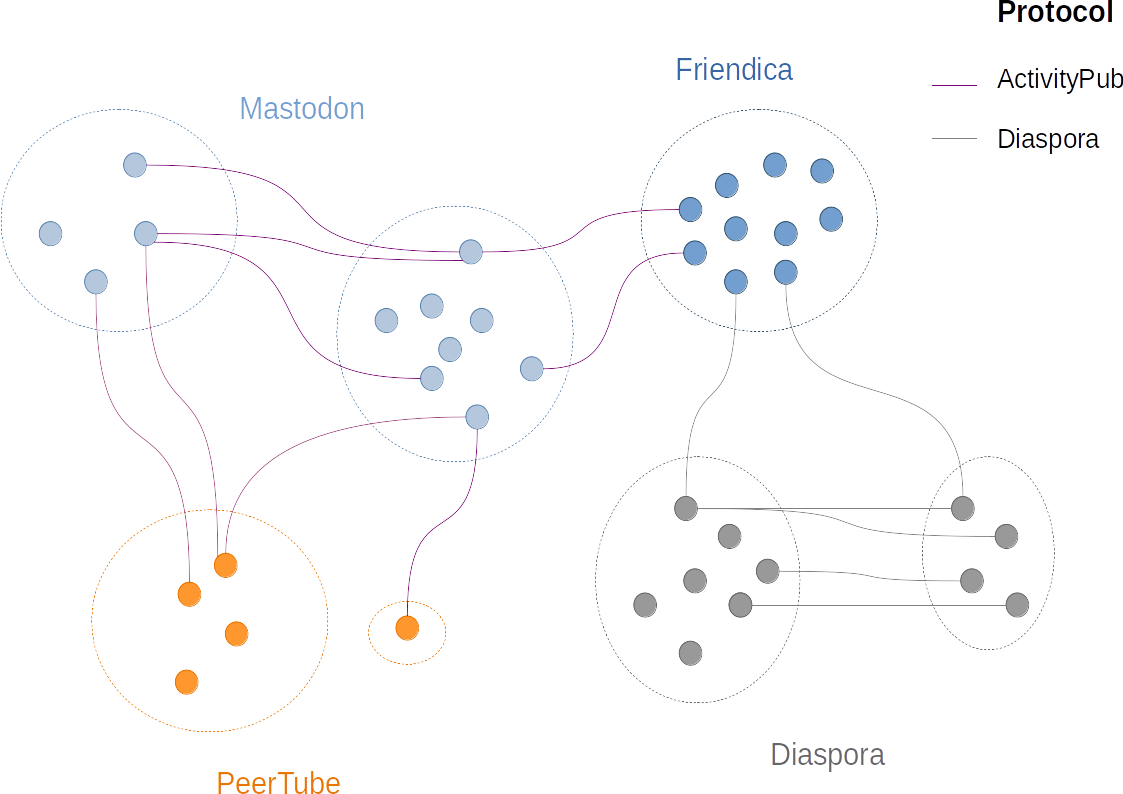Understanding Financial Privilege

Financial privilege is a concept that is not always openly discussed, yet it plays a crucial role in shaping life opportunities. It refers to the benefits and advantages that individuals or groups enjoy due to their financial status. These advantages manifest in various ways, such as access to better education, healthcare, and investment opportunities. A 2022 report by the Federal Reserve highlights the wealth gap in the United States, with the top 10% of households holding 70% of the nation’s wealth. This inequality underscores how financial privilege creates systemic advantages that often go unnoticed.
Access to Quality Education

One of the most significant benefits of financial privilege is access to quality education. Families with greater financial means can afford private schooling or secure placement in well-funded public schools, which often boast superior resources, smaller class sizes, and a broader range of extracurricular activities. The National Center for Education Statistics found that students from high-income families are more likely to graduate from high school and pursue higher education compared to their low-income counterparts. This educational advantage sets the stage for lifelong opportunities and success.
Healthcare Disparities

Financial privilege extends to healthcare access, where individuals with higher incomes can afford comprehensive health insurance and superior medical care. The Kaiser Family Foundation reports that uninsured rates are significantly higher among low-income individuals, leading to poorer health outcomes. This disparity in healthcare access can perpetuate cycles of poverty and limit opportunities for upward mobility. Financial privilege, therefore, not only affects the quality of care received but also impacts overall health and life expectancy.
Investment Opportunities

Individuals with financial privilege often have access to exclusive investment opportunities unavailable to the average person. These include private equity, venture capital, and real estate investments. According to McKinsey & Company, the top 1% of earners are responsible for a disproportionate share of investment returns, further exacerbating wealth inequality. This financial privilege allows them to grow their wealth at a much faster rate, creating a cycle where the rich get richer, and opportunities remain limited for others.
Networking and Social Capital

Another hidden advantage of financial privilege is the access it provides to valuable networks and social capital. Wealthy individuals often have connections to influential people in various industries, which can lead to job opportunities, partnerships, and collaborations. The Harvard Business Review found that social capital significantly influences career advancement, with individuals from affluent backgrounds benefiting more from these networks than their less privileged peers. This access to social capital can open doors that remain closed to many.
Homeownership Advantages

Homeownership is often viewed as a key to building wealth, and financial privilege greatly impacts an individual’s ability to purchase a home. The Urban Institute notes that Black and Hispanic families are less likely to own homes compared to their white counterparts, largely due to historical discrimination and financial barriers. Homeownership provides stability and serves as a valuable asset that can appreciate over time, further widening the wealth gap and reinforcing the cycle of financial privilege.
Financial Literacy and Education

Financial privilege can also influence an individual’s financial literacy. Those with access to resources and education are more likely to understand financial concepts, such as investing, saving, and budgeting. The National Endowment for Financial Education reports that individuals with higher incomes are more likely to engage in financial planning and investment activities, leading to better financial outcomes. This knowledge gap further perpetuates the cycle of financial privilege and inequality.
Generational Wealth
The accumulation of generational wealth is another consequence of financial privilege. Affluent families often pass down their assets and financial knowledge to their descendants, creating a cycle of wealth accumulation. A study by the Institute for Policy Studies shows that the wealthiest families in the U.S. have seen their fortunes grow significantly over generations, while low-income families struggle to build wealth. This dynamic perpetuates economic disparities and limits opportunities for those without financial privilege.
Impact on Mental Health
Financial privilege also extends to mental health, as individuals with financial stability often experience lower levels of stress and anxiety. The Journal of Health and Social Behavior published a study linking financial strain to poorer mental health outcomes, highlighting the psychological benefits of financial privilege. Those with financial security can afford therapy and other mental health resources, which contributes to overall well-being and quality of life.
The Need for Policy Change
Addressing the hidden advantages of financial privilege requires systemic change and policy interventions. Advocates argue for policies that promote equitable access to education, healthcare, and financial resources. The Economic Policy Institute suggests that implementing policies such as universal healthcare and affordable education can help bridge the wealth gap and create a more equitable society. By recognizing and addressing the hidden advantages of financial privilege, we can work towards a more just and inclusive economy.




